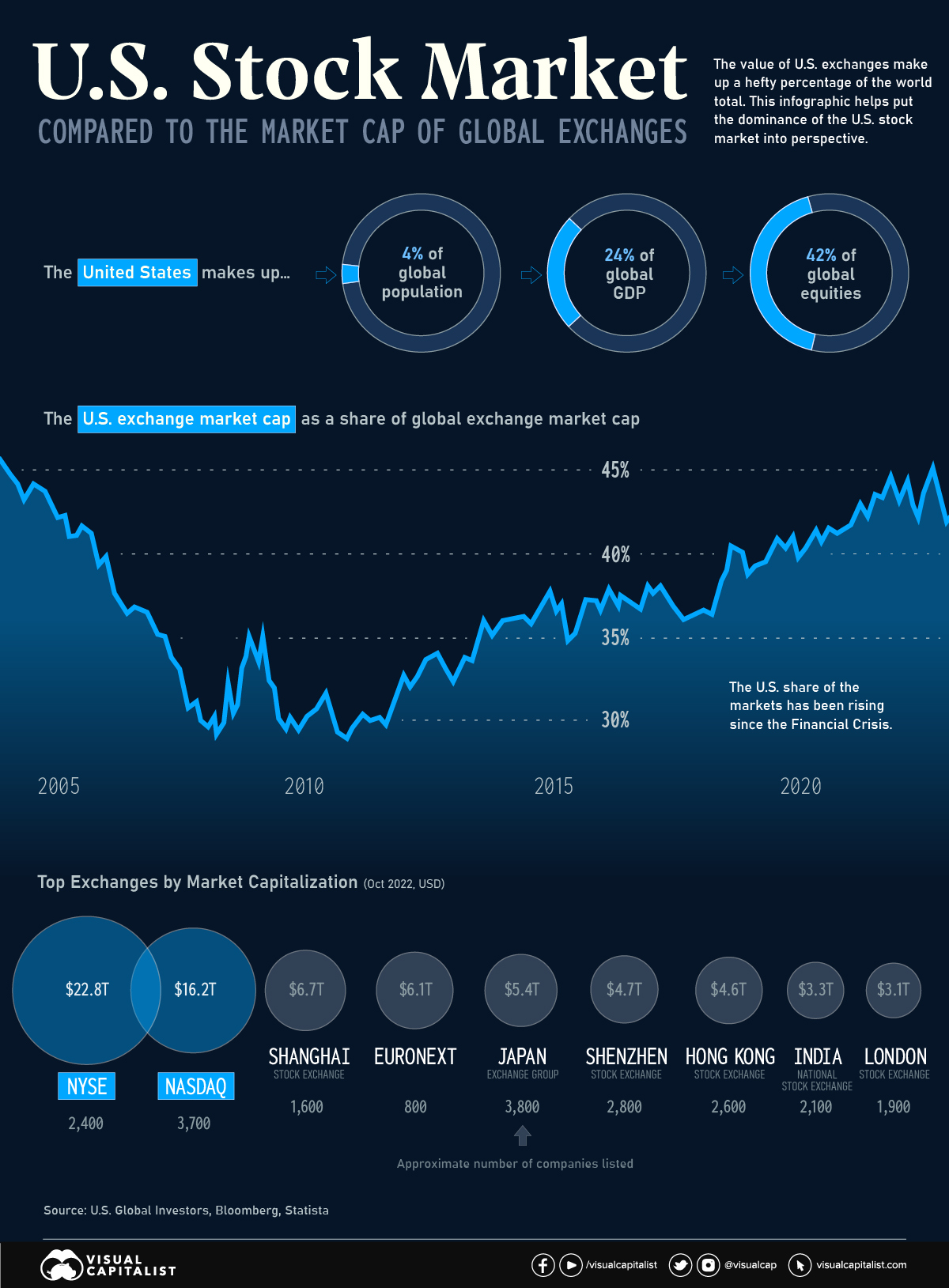Index Surge: Amplifying Your Insights
Stay updated with the latest trends and news across various industries.
When the Stock Market Sneezes: A Chill for Everyone
Discover how stock market dips impact everyone. Don't let the chill catch you off guard—learn to navigate the waves!
Understanding Market Volatility: What Happens When the Stock Market Sneezes?
Market volatility refers to the fluctuations in the stock market that can occur due to a variety of factors including economic indicators, political events, and investor sentiment. When we say that the stock market has 'sneezed,' we typically mean that it has experienced a sudden, sharp movement, often leading to widespread panic among investors. This kind of volatility can create opportunities for savvy traders, but it can also pose significant risks for those who are less prepared. Understanding the underlying causes of these market shifts is essential for making informed decisions that align with your financial goals.
During periods of heightened volatility, it is crucial to have a strategy in place. Here are some key points to consider:
- Diversification: Spread your investments across various sectors to mitigate risk.
- Stay Informed: Keep up with the latest news and market trends that could affect your investments.
- Avoid Panic Selling: Stick to your long-term investment strategy and avoid making impulsive decisions based on short-term market movements.

The Ripple Effect: How Stock Market Fluctuations Impact Everyday Investors
The ripple effect of stock market fluctuations extends beyond the trading floor, significantly impacting everyday investors. When stock prices soar, investors often feel a surge of optimism, leading them to invest more of their savings in hopes of capitalizing on market gains. Conversely, during downturns, panic can ensue as many individuals withdraw their investments, contributing to a cycle of fear and further declines. This dynamic can affect not only individual portfolios but also the broader economy, highlighting the interconnectedness of market behavior and investor sentiment.
Moreover, the impact of stock market fluctuations on everyday investors can be observed in various ways. For example, fluctuations can influence personal financial decisions, from retirement planning to major purchases. Investors may reconsider their risk tolerance or adjust their asset allocation strategies based on market performance. As a result, understanding this ripple effect is crucial for investors looking to navigate the complexities of the stock market, ensuring they make informed choices that align with their financial goals.
Is Your Portfolio Ready? Preparing for Stock Market Sneezes
When it comes to investing, one cannot overlook the importance of being prepared for unexpected fluctuations in the stock market. Stock market sneezes—those sudden drops in market value—can occur without warning, and how you respond can significantly impact your financial health. Before a sneeze hits, assessing your portfolio is crucial. Ensure it's diversified across different sectors and asset classes to cushion the blow. Always keep a close eye on your asset allocation, adjusting it as necessary to align with your risk tolerance and investment goals.
One practical step you can take to prepare for stock market sneezes is to implement a systematic strategy for rebalancing your portfolio. This can involve regularly reviewing your investments, setting specific thresholds for when to buy and sell, and maintaining liquidity to seize opportunities when prices dip. In addition, consider establishing an emergency fund that covers at least 3-6 months of expenses. This financial cushion will not only provide peace of mind during turbulent times but also allow you to stay the course and avoid panic selling.